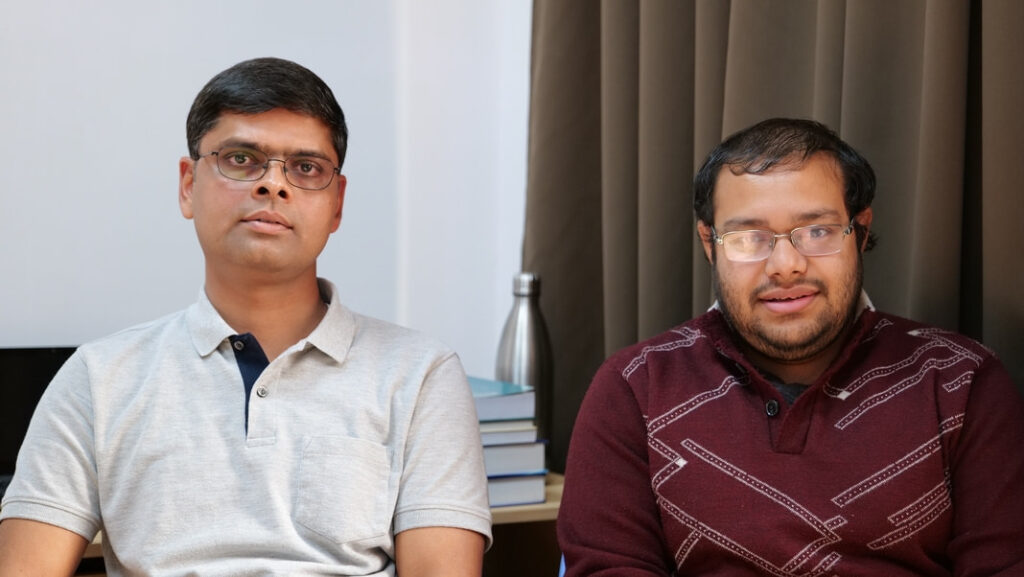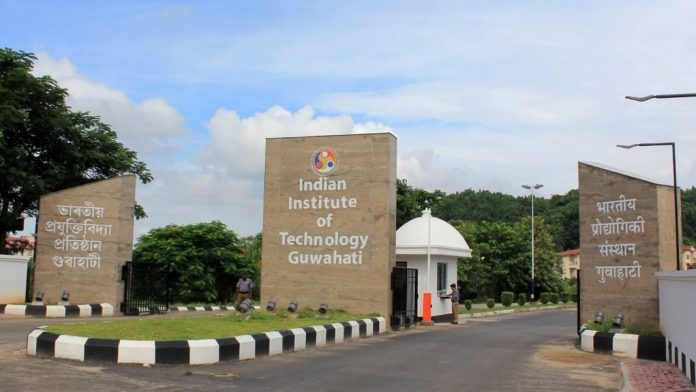Guwahati, Feb 3: Imagine a future where medical treatments adapt in real time to how your body responds, ensuring you get the right care when you need it most. That’s exactly what researchers at the Indian Institute of Technology Guwahati (IIT-G), in collaboration with top global institutions, are working toward with their breakthrough multi-stage clinical trial method designed to revolutionize personalized healthcare.
This cutting-edge approach, developed in partnership with Duke-NUS Medical School (Singapore), the National University of Singapore, and the University of Michigan, uses Dynamic Treatment Regimes (DTRs) powered by Sequential Multiple Assignment Randomised Trials (SMARTs). These frameworks aim to optimize treatment plans by adapting therapies based on each patient’s evolving condition and response to treatments over time.
Traditional clinical trials often treat patients like uniform data points, offering the same treatment to groups despite varying responses. In contrast, DTRs continuously adjust treatment decisions. For example, if a patient with diabetes shows limited improvement with an initial drug, the trial might recommend a new medication or a combined therapy strategy based on intermediate outcomes, like changes in blood sugar levels.
However, even SMART trials have their limitations. They typically assign equal numbers of patients to treatment groups, which can waste time and resources on less effective therapies. That’s where Dr Palash Ghosh, Assistant Professor at IIT Guwahati, and his research team made a groundbreaking intervention.

Dr. Ghosh’s innovation dynamically allocates patients to treatment arms based on real-time data, steering more participants toward promising therapies while reducing exposure to ineffective options. This adaptive randomization ensures that patients receive better care without compromising the trial’s scientific integrity.
“Adaptive designs like this encourage patient participation,” said Dr. Ghosh. “When people see that treatments are personalized to their needs, they are more likely to stay engaged. This approach has vast potential for public health interventions, including substance abuse recovery and managing chronic diseases.”

The team’s research, published in the prestigious journal Biometrics, was co-authored by Dr Ghosh and his research scholar Rik Ghosh, alongside international experts Dr Bibhas Chakraborty (Duke-NUS Medical School), Dr Inbal Nahum-Shani, and Dr Megan E. Patrick (University of Michigan).
Acknowledging key financial support, the research team credited grants from the Ministry of Education (Singapore), Duke-NUS Medical School, and U.S. institutions including NIDA and NIAAA.
The next phase of this research promises to bring the benefits of SMART trials to India’s healthcare system. The team is already collaborating with Indian medical institutions to apply the method to mental health treatments using traditional Indian medicine.
Also Read: Meghalaya’s Pranab Dutta wins Sharda Lele Memorial Award for plant pathology excellence
Also Watch
Find latest news from every corner of Northeast India at hubnetwork.in, your online source for breaking news, video coverage.
Also, Follow us on-
Twitter-twitter.com/nemediahub
Youtube channel- www.youtube.com/@NortheastMediaHub2020
Instagram- www.instagram.com/ne_media_hub
Download our app from playstore – Northeast Media Hub



